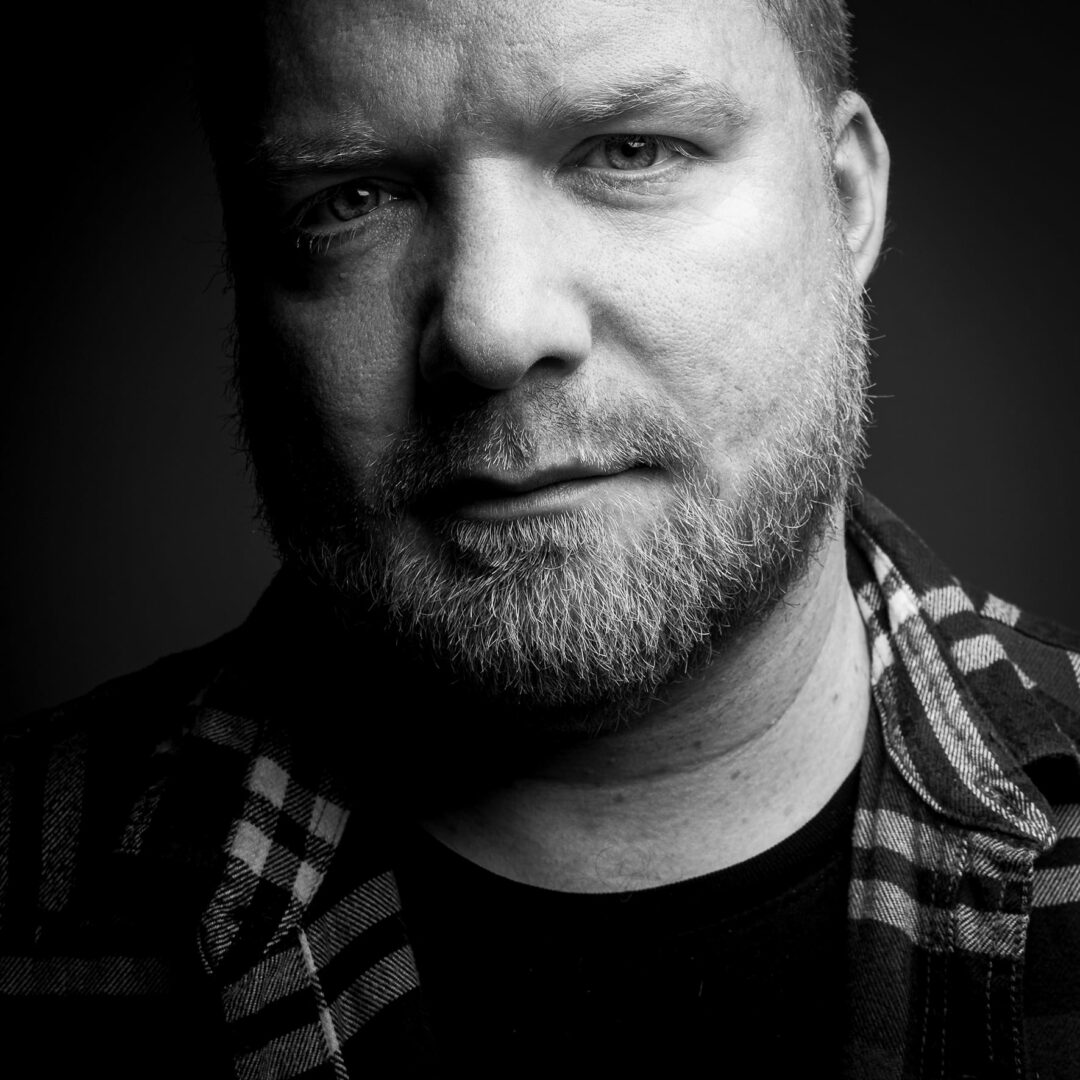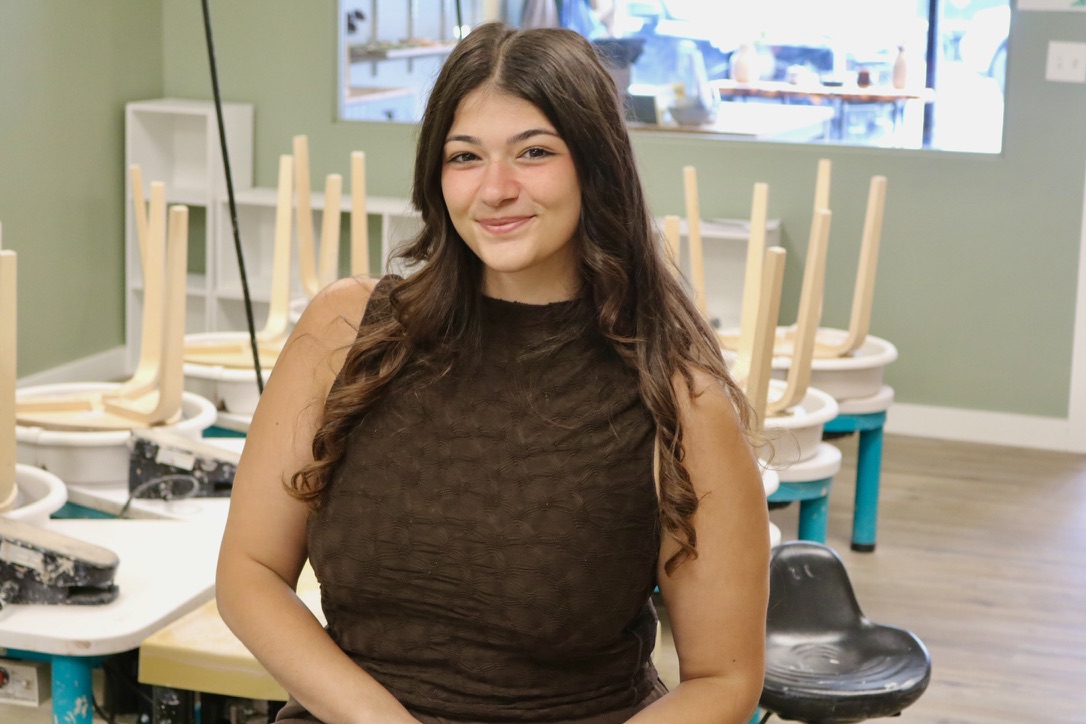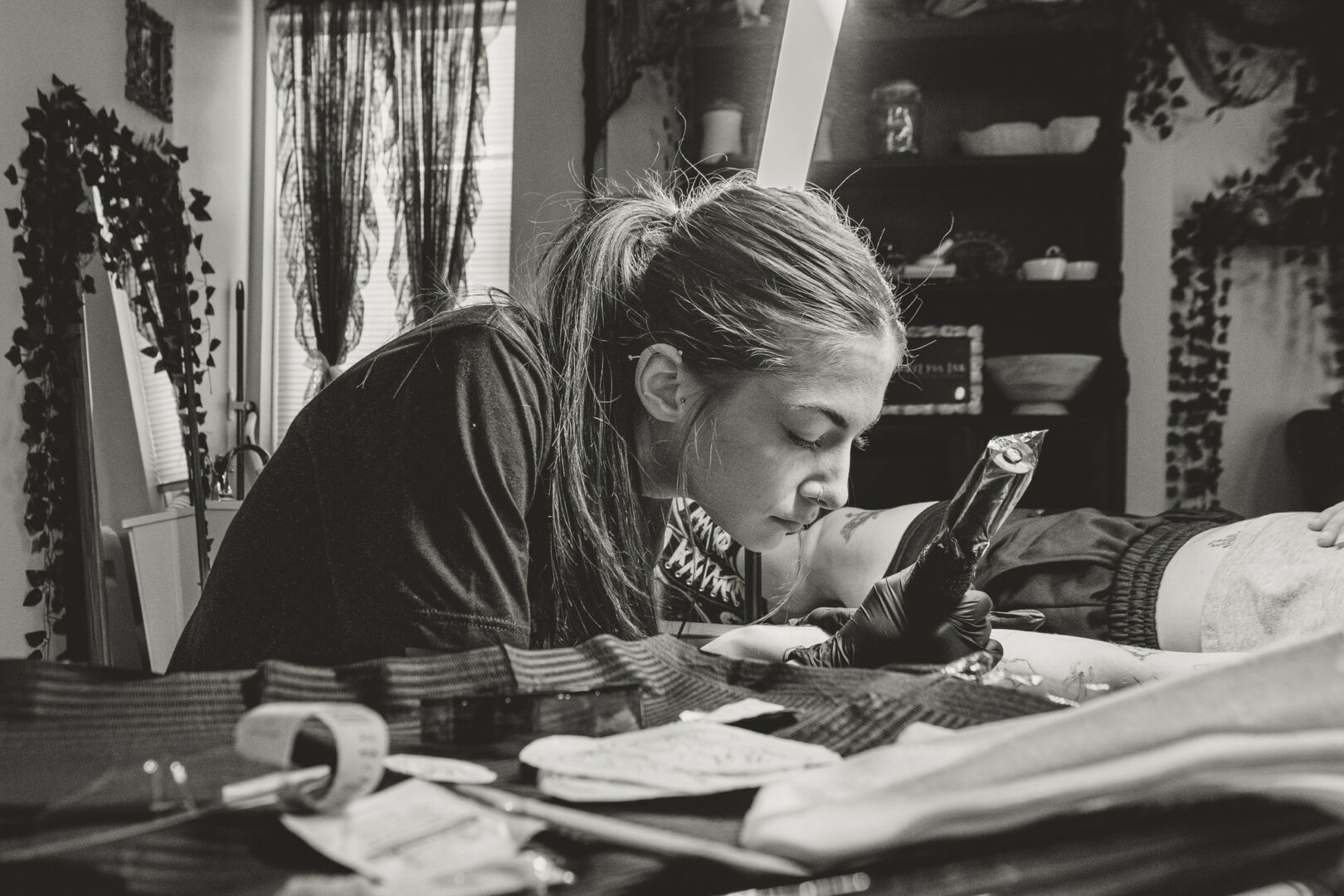We recently connected with Andi Cross and have shared our conversation below.
Andi, so great to be with you and I think a lot of folks are going to benefit from hearing your story and lessons and wisdom. Imposter Syndrome is something that we know how words to describe, but it’s something that has held people back forever and so we’re really interested to hear about your story and how you overcame imposter syndrome.
I’ve struggled with imposter syndrome since high school. Attending a prep school in the suburbs of Philadelphia—a feeder for Ivy League colleges—I often felt out of place. Unlike many of my peers, I didn’t come from the same level of privilege and I had to work extremely hard for good grades, as test-taking didn’t come naturally to me. I was shy, which is a far cry from where I am now, but led to a fair share of bullying. In college, the remnants of that high school bullying lingered, pushing me to work tirelessly to make friends, excel academically, and secure a great job during the financial crisis of 2008/2009. It was always all or nothing or way above and beyond for me.
Throughout my career, I’ve carried the “chip on my shoulder” from those formative years. Even after 15 years in my professional field and currently embarking on a global expedition to apply my skills in strategy, planning, partnerships, and storytelling to the climate crisis, I still feel like an imposter from time-to-time. It’s a sentiment many of us experience but seldom share. However, acknowledging these feelings and working through them daily is crucial. I openly admit that I still have moments of doubt, and I believe that’s normal and okay. Ignoring imposter syndrome, regardless of age, skill level, or state of mind, is detrimental. I’ve learned the hard way that facing it head-on and being honest about it is the best approach.
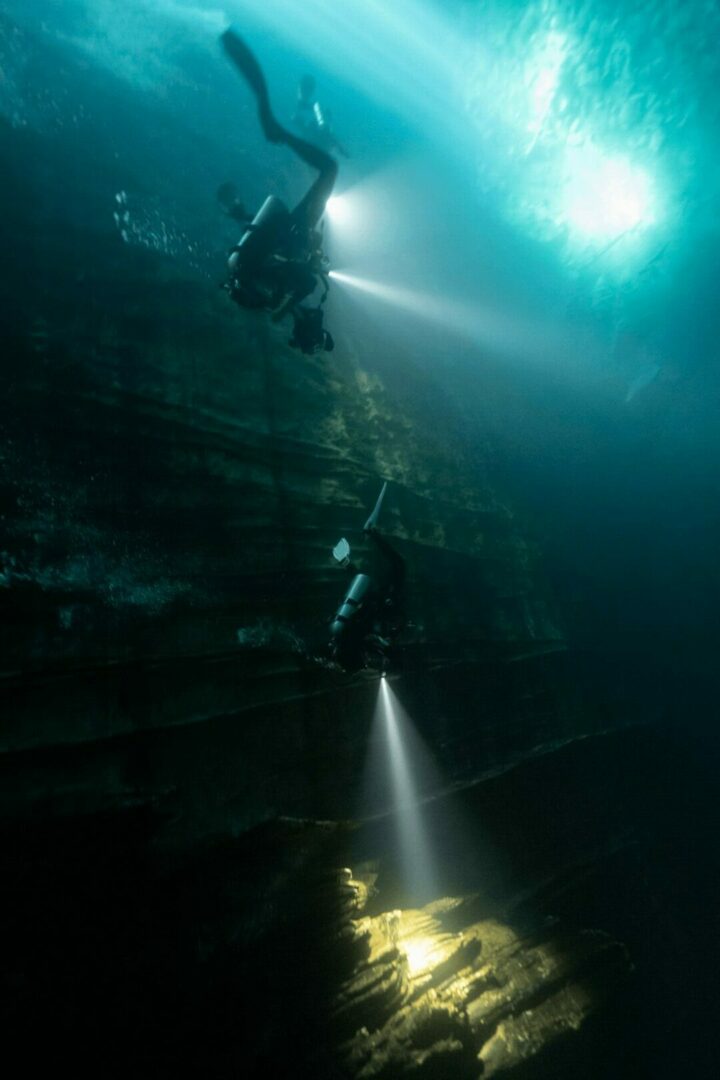
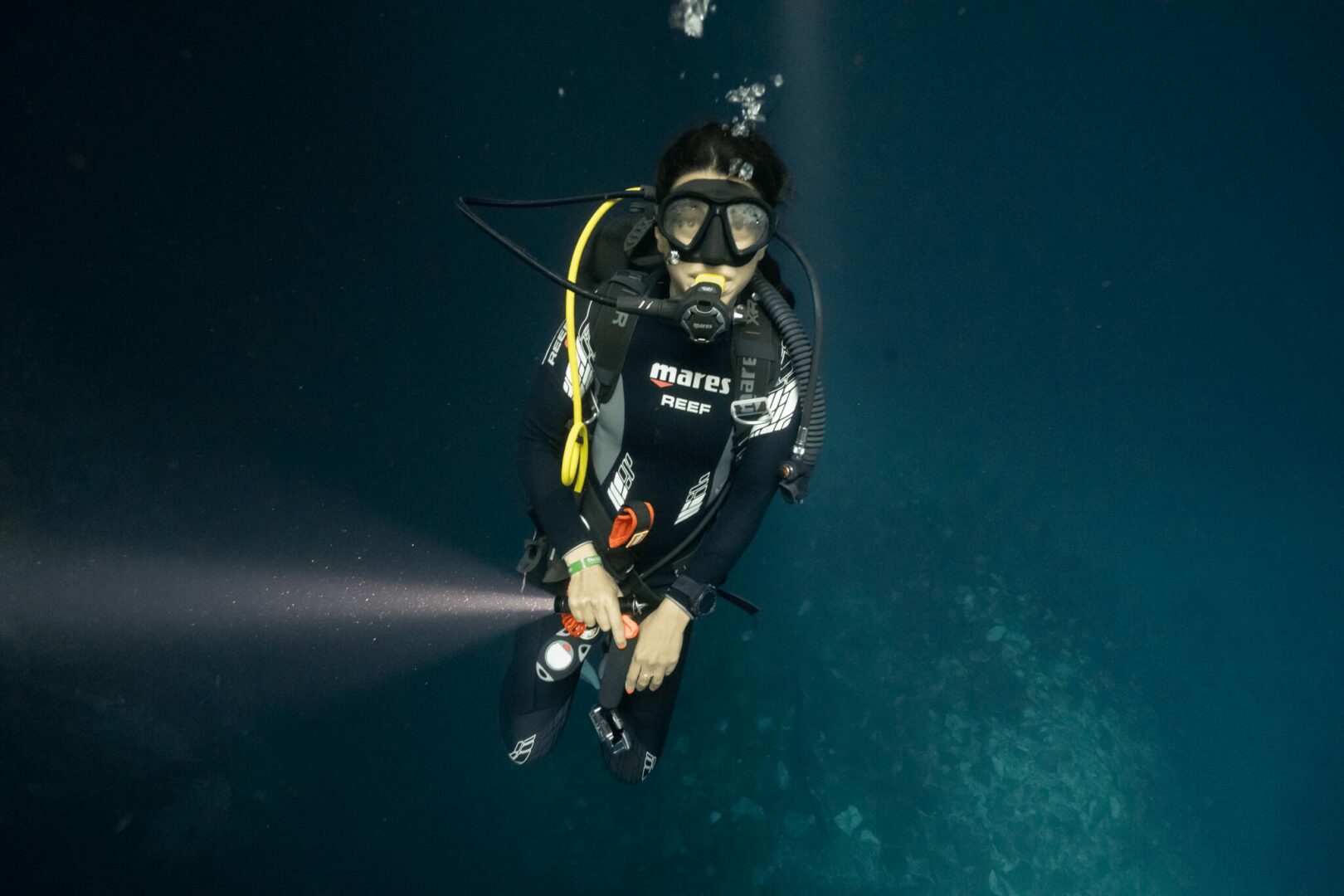
Thanks for sharing that. So, before we get any further into our conversation, can you tell our readers a bit about yourself and what you’re working on?
After over 15 years in corporate roles based out of New York City, I founded WILDPALM, an impact consultancy focused on helping mission-driven startups and businesses amplify their positive impact. Our team, including Adam Moore and Marla Tomorug, is currently on a two-year global expedition called Edges of Earth, driven by our passion for scuba, freediving, and surfing, applying our skills in strategy, planning, operations, design, content creation and storytelling to help those on the frontlines of the ocean and climate crisis share their positive progress and successes. In a world filled with bad news, our work is here to help inspire the next generation to get in the water and explore.
Edges of Earth, fully funded by WILDPALM, highlights the stories of ocean nonprofits, ecotourism operators, scientists, and local communities involved in ocean conservation, restoration, discovery and science. By immersing ourselves in these environments, we’re better equipped to help the businesses we serve through WILDPALM engage in the sustainability and climate narratives, while also supporting local ocean champions in sharing their impact with the world.
What excites me most about this work is the opportunity to connect with incredible individuals and organizations dedicated to making a difference both in the field on expedition and virtually through our consulting. Witnessing their passion and resilience firsthand, and then being able to share their stories with a wider audience, is truly inspiring. It’s special to see how our efforts can amplify their impact and foster greater public engagement in these narratives that couldn’t matter more than they do right now.
Professionally, I’ve worked at agencies like Huge, Inc., and Ogilvy & Mather, with brands such as Victoria’s Secret and Rolls-Royce Motor Cars. My journey from traditional advertising to focusing on impact efforts has been a big shift in my life that I didn’t think was possible. I know a lot of other people out there feel the same as me—wanting to link their profession, passion and purpose. That’s the forever goal and something my team and I are constantly striving for in our work.
In 2023, the team and I were appointed as the first-ever brand ambassador for Scuba Schools International, and have been fortunate enough to further our education in scuba and freediving, hitting pro status before leaving on expedition, which had been nearly five years in the making!
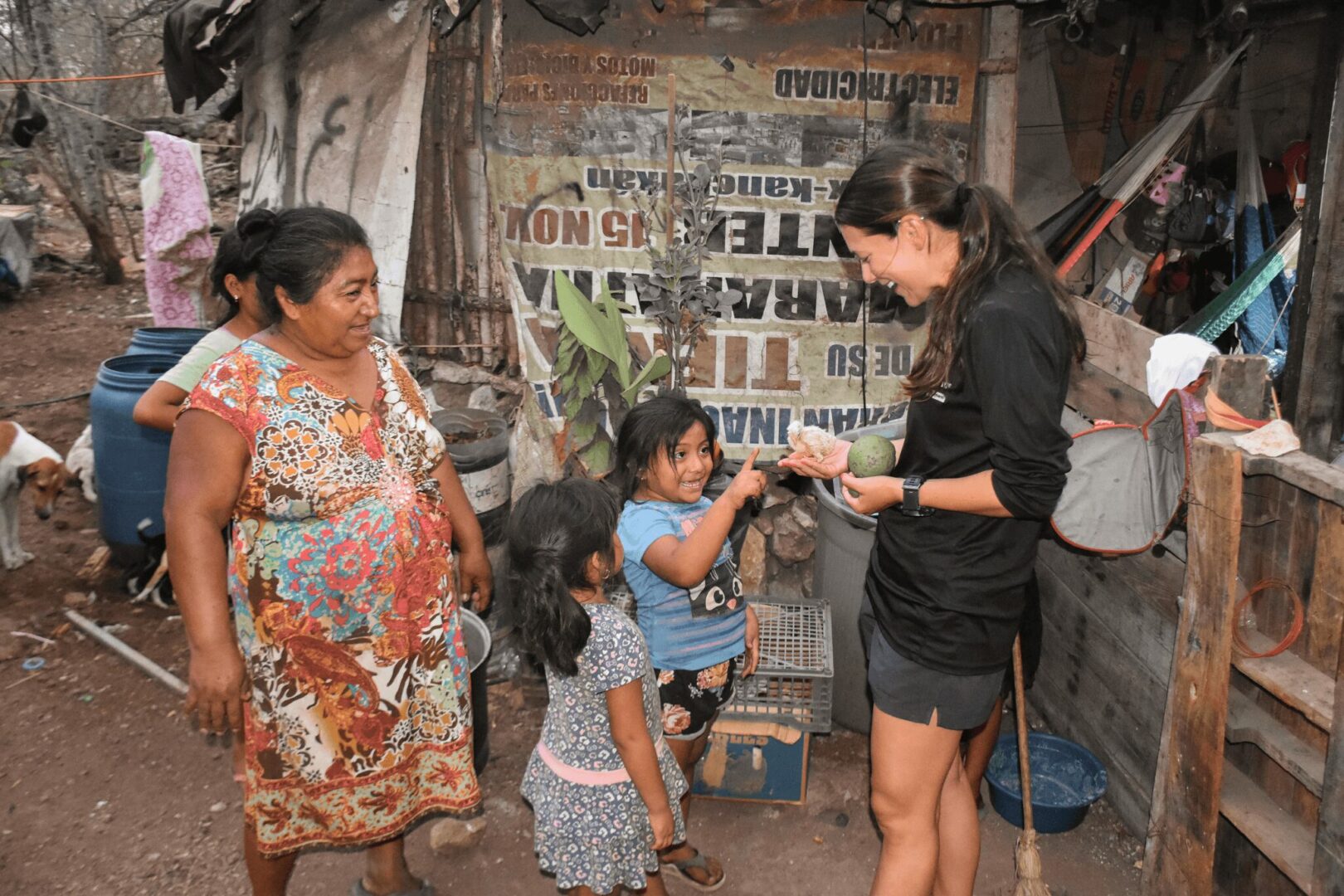
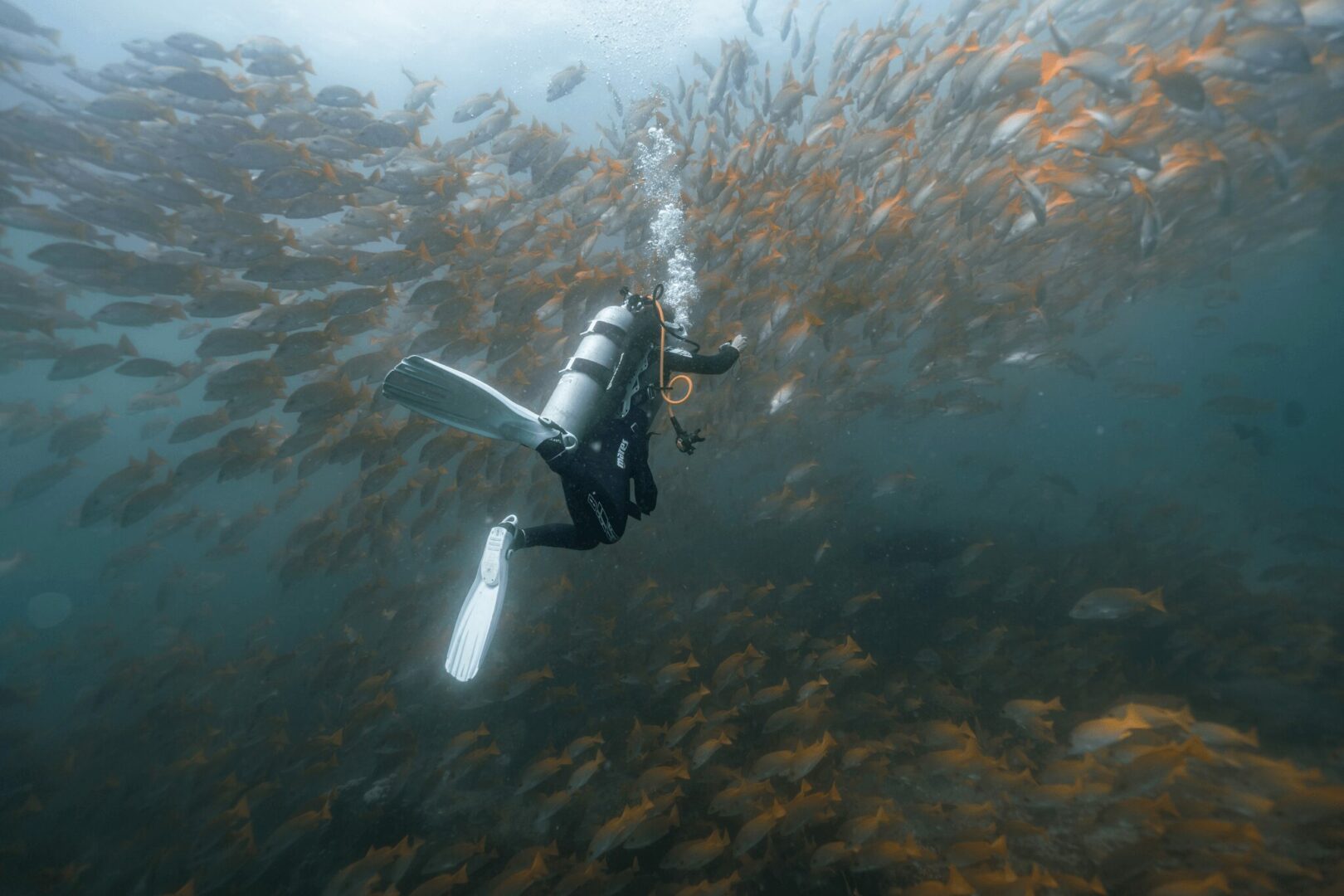
There is so much advice out there about all the different skills and qualities folks need to develop in order to succeed in today’s highly competitive environment and often it can feel overwhelming. So, if we had to break it down to just the three that matter most, which three skills or qualities would you focus on?
Great question! To me, the three most impactful qualities in my journey have been:
Cold Outreach – Not being afraid to just “ask.” I always say, “what’s the worst that could happen?” With that mindset, I’ve opened doors for myself and others in unexpected ways. Knowing how to reach out, offer support, and understand what people need at certain moments makes cold outreach enjoyable and effective. You have to be willing to put yourself out there, take rejection like a champ (because it will happen), and live by the rule that “you’ll never know if you don’t try.”
Picking Up the Phone – We often hide behind our keyboards. While I’m a huge fan of plugging in and shutting out the world every now and again, there’s something to be said about setting up time to connect with other people—be it in person or online. You always need to be ready to answer when someone calls. Always accept the in-person request to meet up. It’s crucial to spend the time listening when others talk. Forming connections doesn’t have to be face-to-face today, but it does require your time and energy no matter what—and this is time well spent. We can’t cut ourselves off from one another, as we need each other more often than not.
Time Management – This is arguably the most important. I spent a lot of my life working hard, not smart, which was a huge waste and energy drain. When I truly learned to manage my time, I found I could do so much more with my life and could be so much more present for others (and myself). I wasn’t just stuck at a desk; I was living, working, all while making money. Without time management, laser focus, deep prioritization, delegating tasks, and setting clear goals, I simply couldn’t do the work I do today.
For those early in their journey, my advice is:
Practice Cold Outreach – Start small and build your confidence. Rejection is part of the process, but each “no” brings you closer to a “yes.” Be genuine and clear about what you can offer—how can you help the person you are reaching out to—and what you’re looking for.
Embrace Personal Interaction – Don’t shy away from human connection, be it in person or virtually. Who you know and how you nurture those relationships really matter. You never know what might happen in the long run if you do—from new friends, opportunities at work, etc. They are invaluable for building relationships and understanding others. Make it a habit to reach out and connect, even in a remote work setting.
Master Time Management – Invest time in learning how to prioritize, delegate, and set clear goals. Use tools and techniques that work for you, and continually refine your approach. This will free up your energy and time to focus on what actually matters—which ultimately is living the life you always wanted. It’s only possible if you are organized.
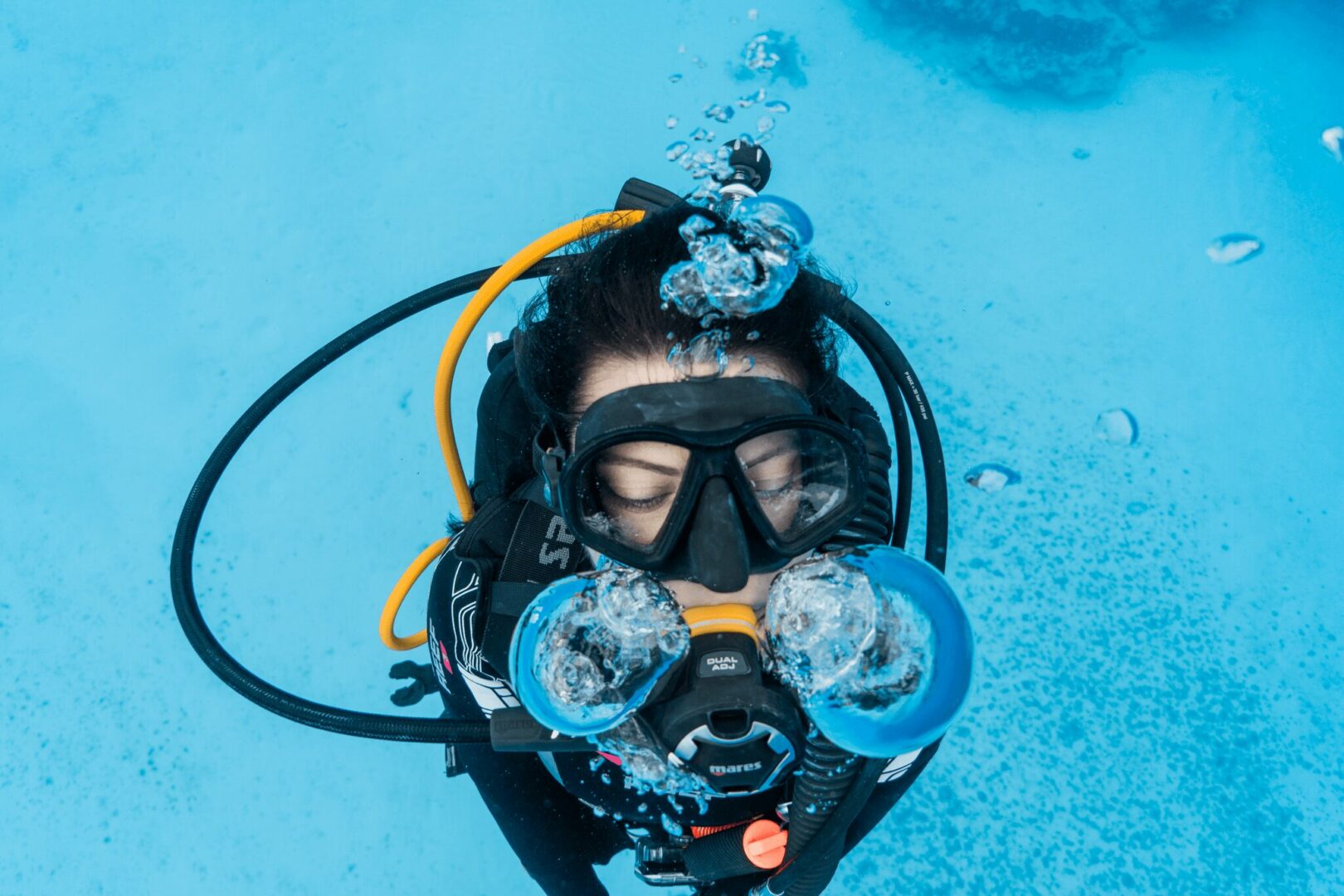
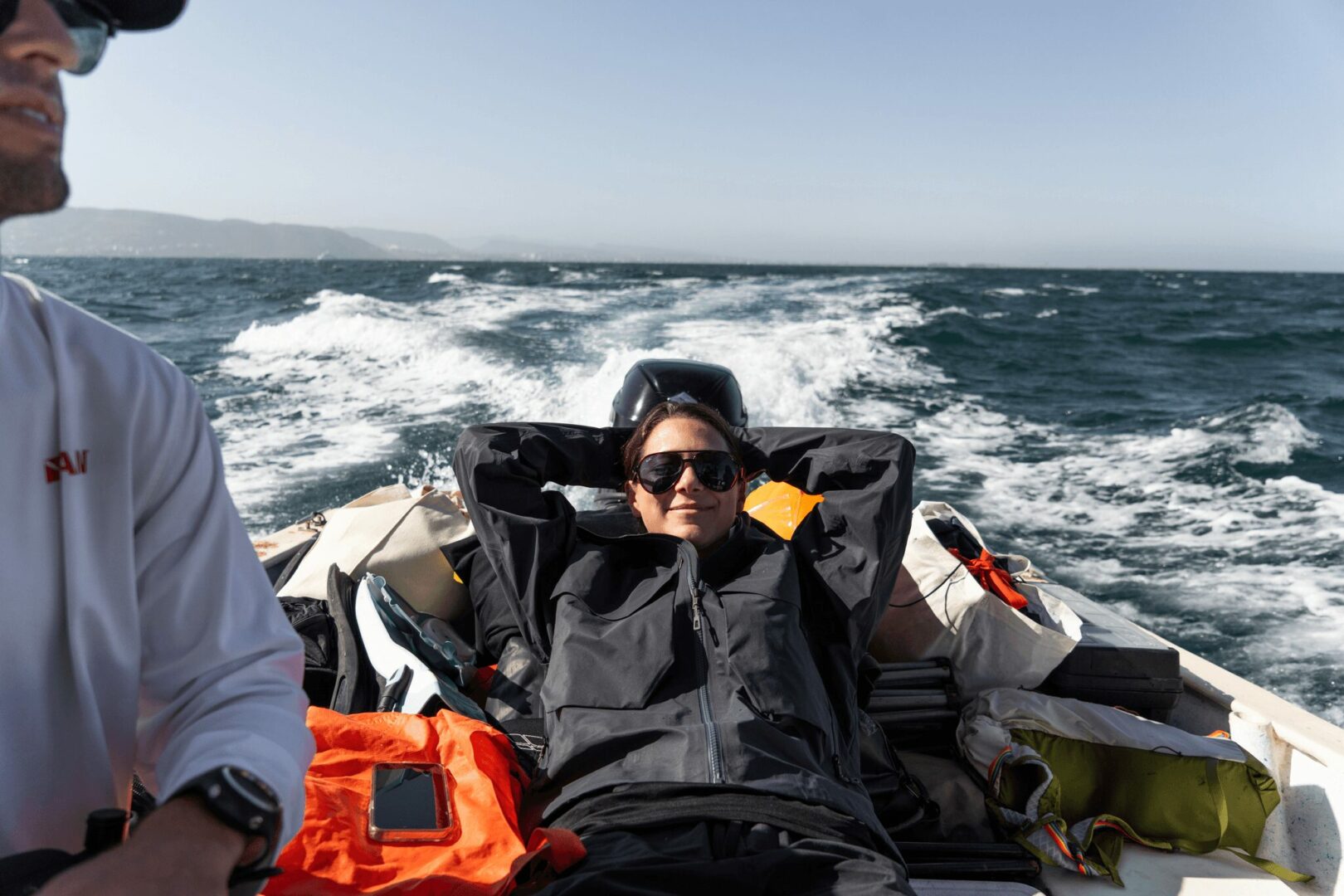
What do you do when you feel overwhelmed? Any advice or strategies?
Everyone feels overwhelmed at times. For those of us who live in high-stress situations, like my team and I, the best advice I can give is to compartmentalize your mind. Instead of thinking about the millions of things you need to do, break them down and think about them as “levels.”
I prioritize tasks as level 1, 2, or 3. By completing all the level 1 tasks first, I can then move on to level 2 tasks. It’s like playing a video game where you must complete smaller tasks to advance to bigger ones. You won’t reach the next level unless you build up to it, honing skills and developing rigor. There’s no finish line or trophy, just more levels. Organizing your mind this way makes things easier to digest.
When I’m feeling especially overwhelmed, I stop what I’m doing and get outside in nature. Whether it’s riding my bike, going for a horse ride, or scuba diving, these activities take my mind off the stress for a moment and help me clear things up. Nothing like a good dose of earth and sea to get you feeling refreshed!
I’ve also learned to really think about what it means to be stressed, overwhelmed, worked up and identify when and why those feelings arise. I pinpoint the exact moments that trigger stress and work backward to understand how I got there, unpacking the journey step by step. This method has significantly reduced my stress levels, even in chaotic situations. I remind myself that I’ve been through it before, and I know I can get out of it. Prioritizing and managing my time certainly helps, and allows me to see where things might have gone wrong to cause any stressful feelings or overwhelmed thoughts.
It’s crucial to be open with yourself about why and how you’re feeling overwhelmed, and then actively look for ways to mitigate these feelings—the ones I’ve shared with you work for me, but what works for you could be very different. At least you are thinking about solves, which is half the battle! With time and practice, you’ll be able to handle stress much better than you ever expected.
Contact Info:
- Website: https://www.edgesofearth.com
- Instagram: https://www.instagram.com/andicross1/
- Linkedin: https://www.linkedin.com/in/andicross/
- Other: https://oceanographicmagazine.com/features/edges-of-earth-expedition-a-year-of-stories/
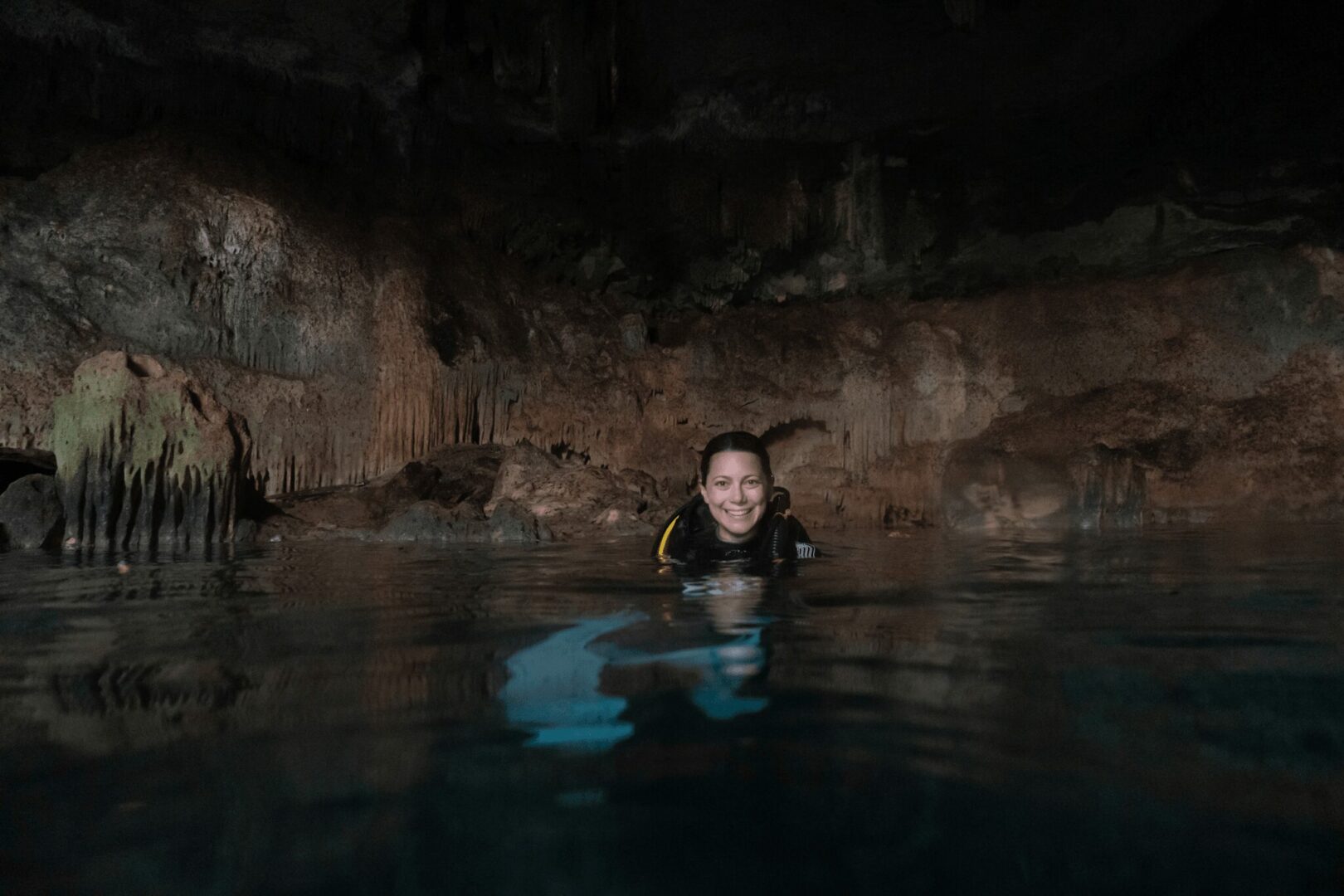
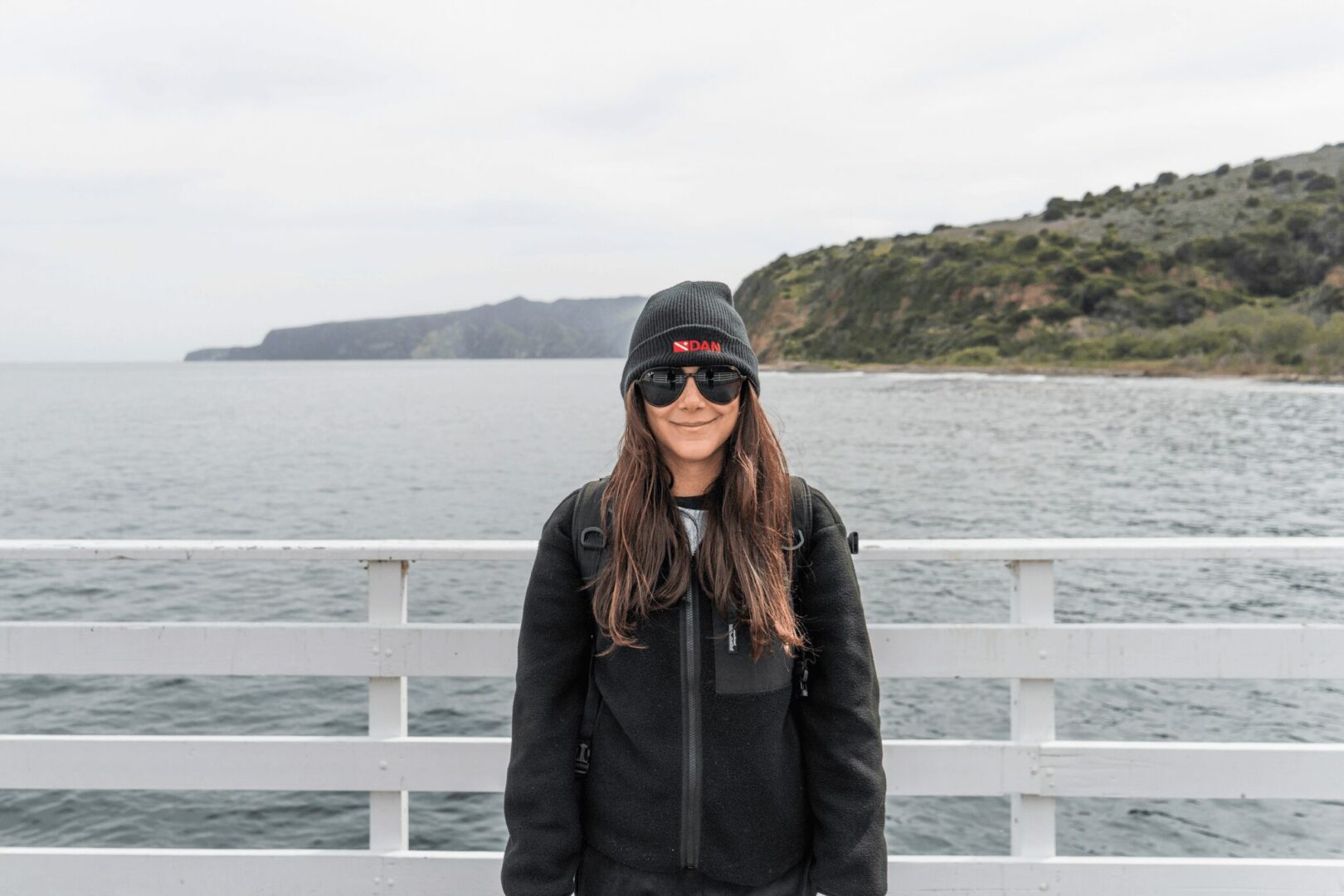
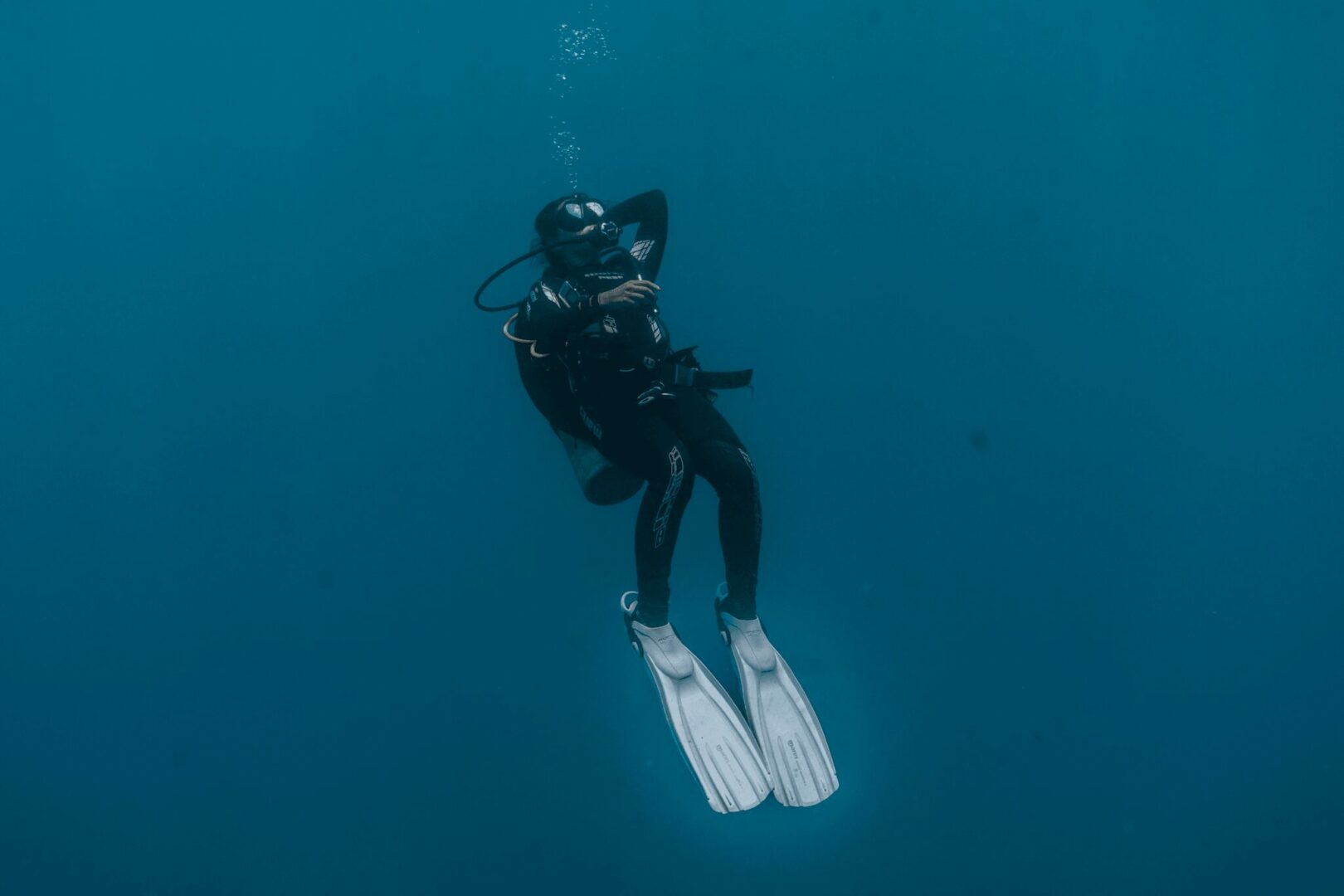
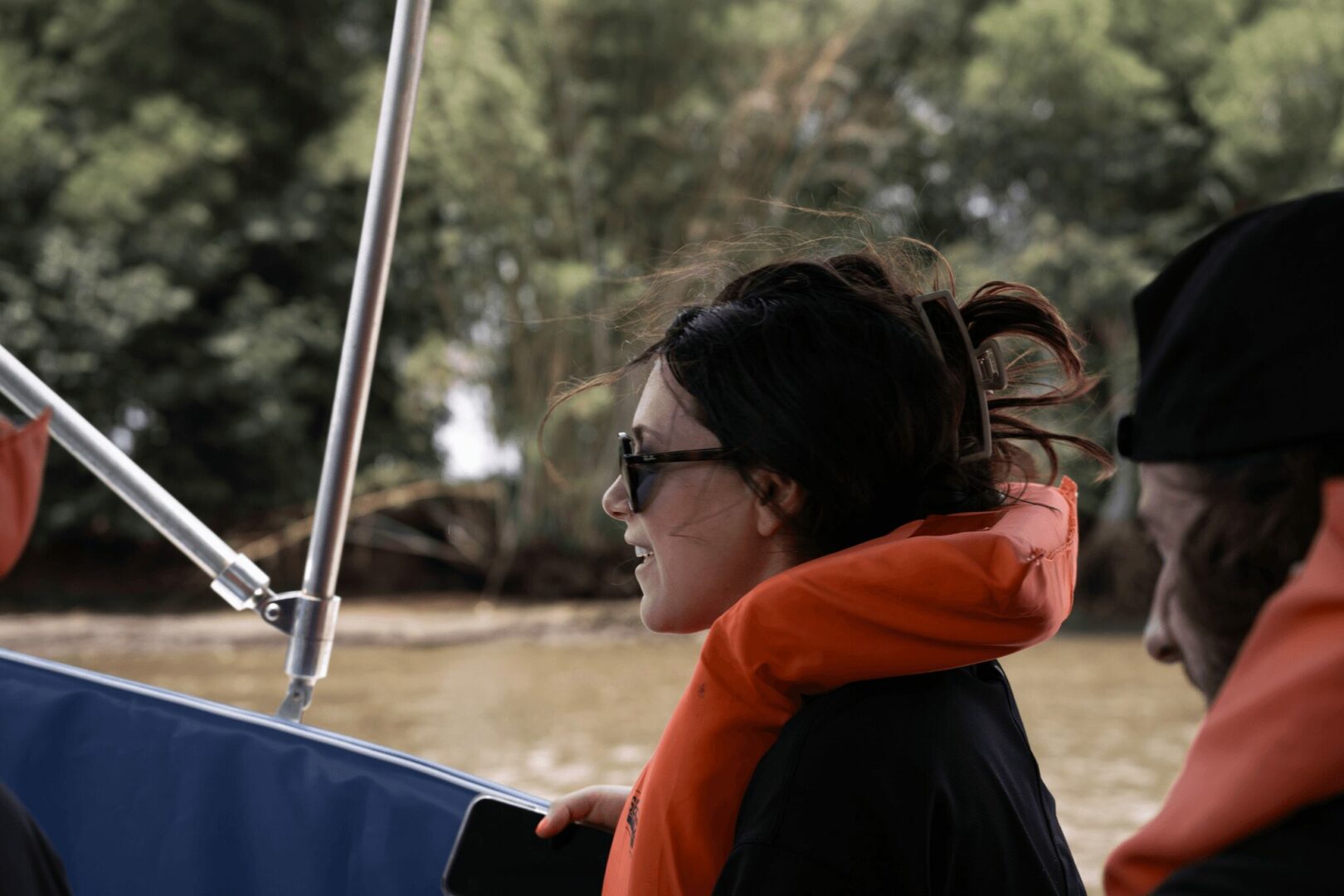
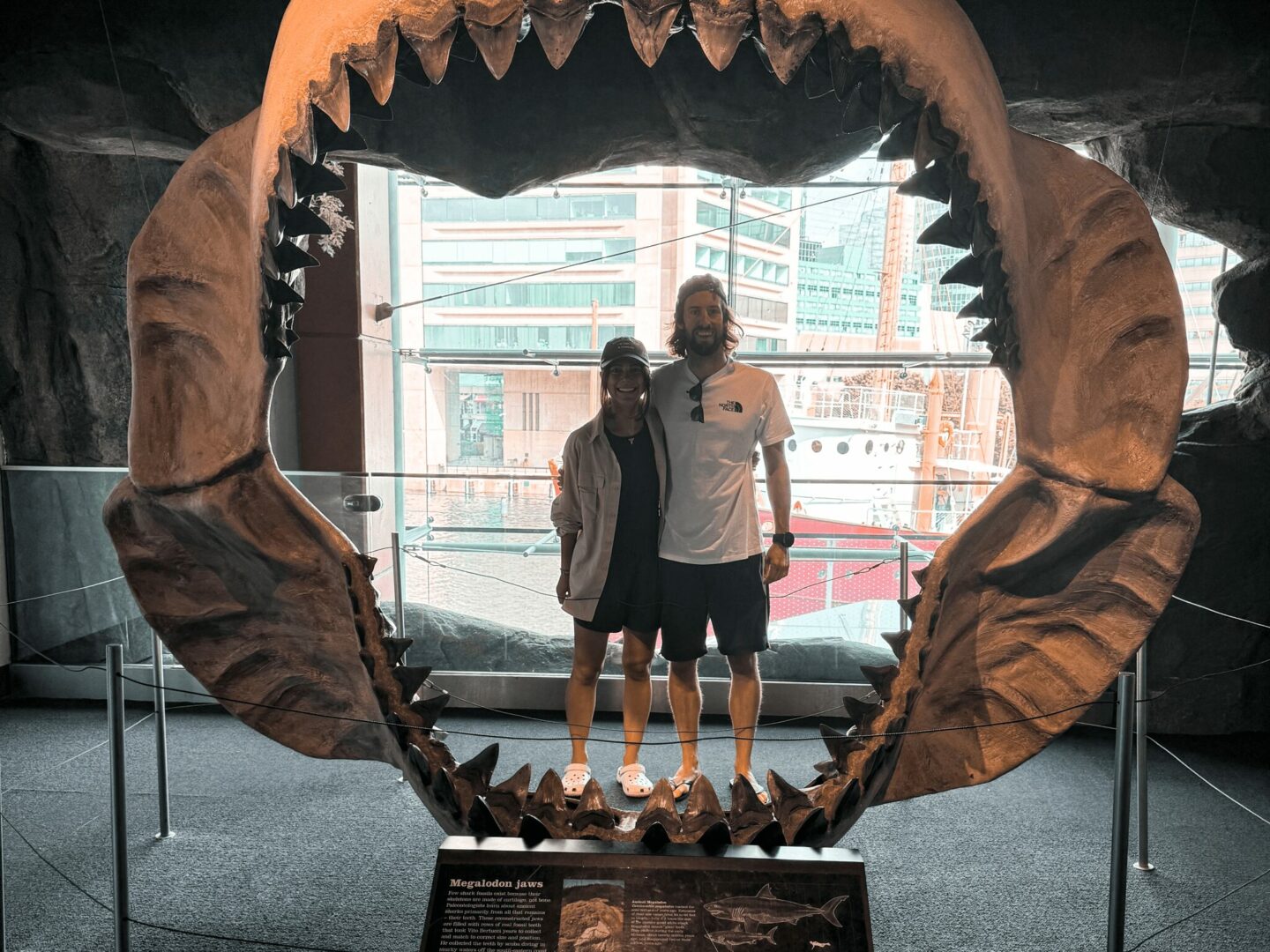
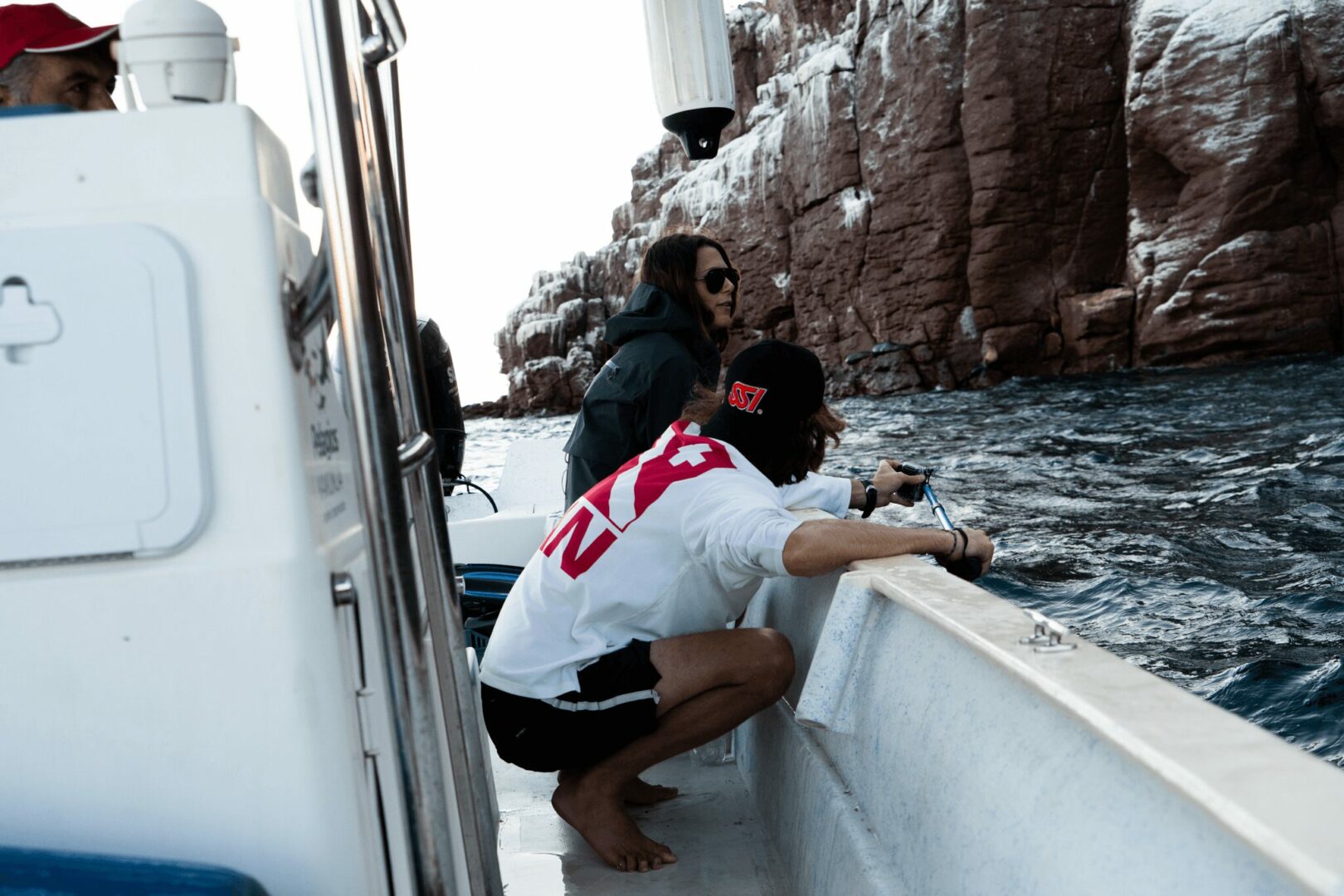
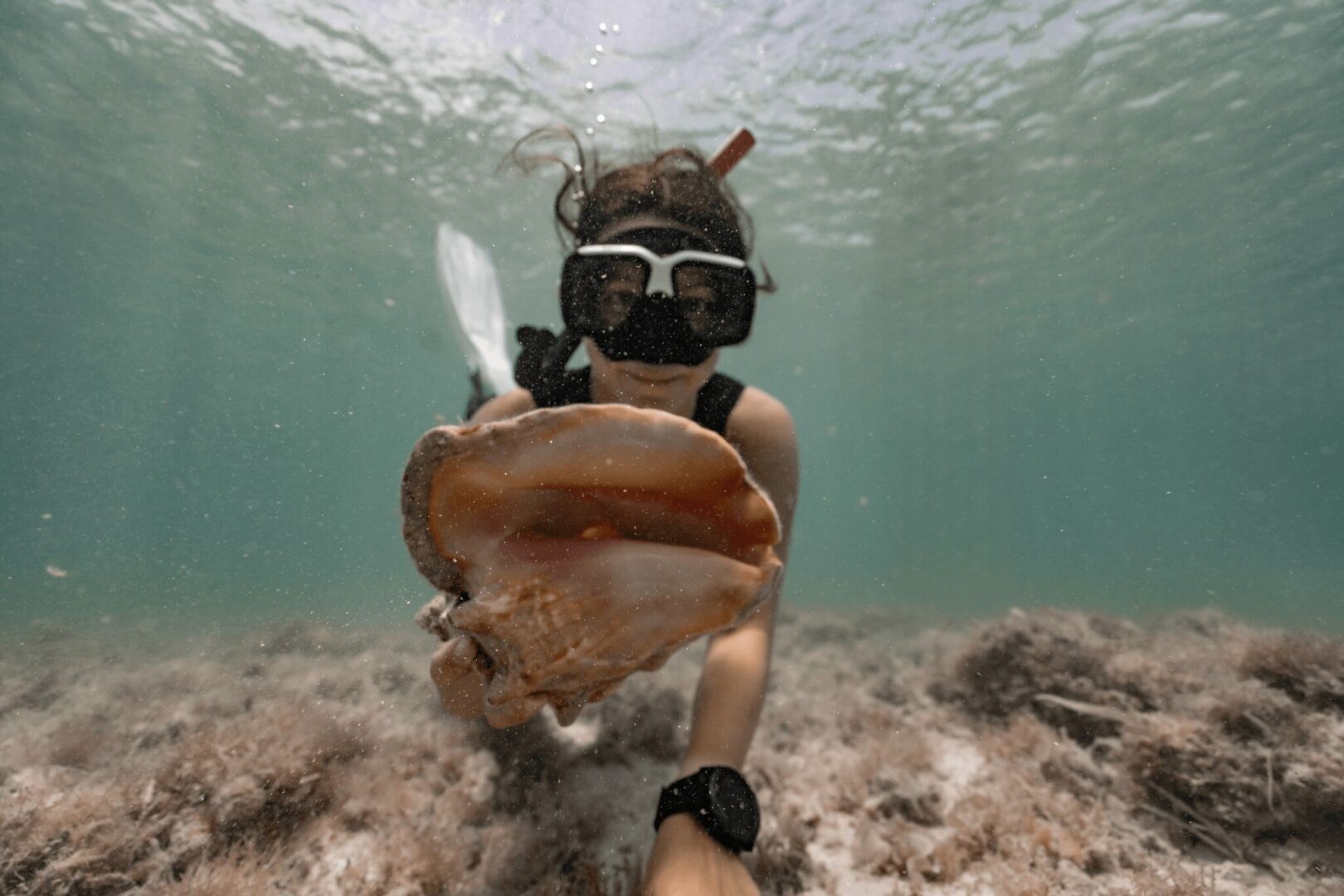
Image Credits
Marla Tomorug (@marlatomorug) & Adam Moore (@adammoore1)
so if you or someone you know deserves recognition please let us know here.


